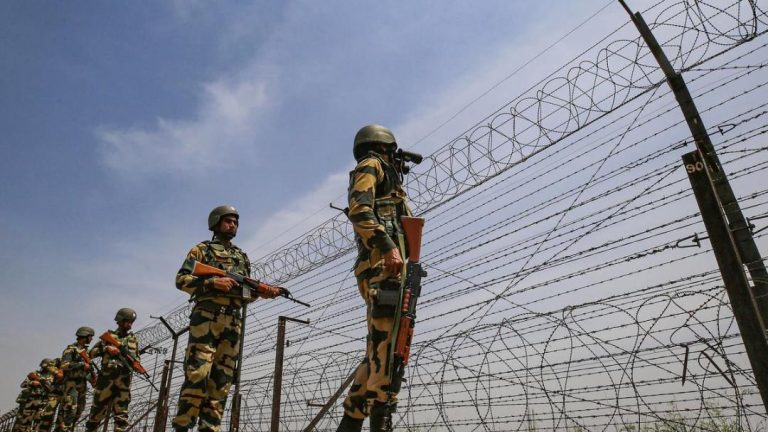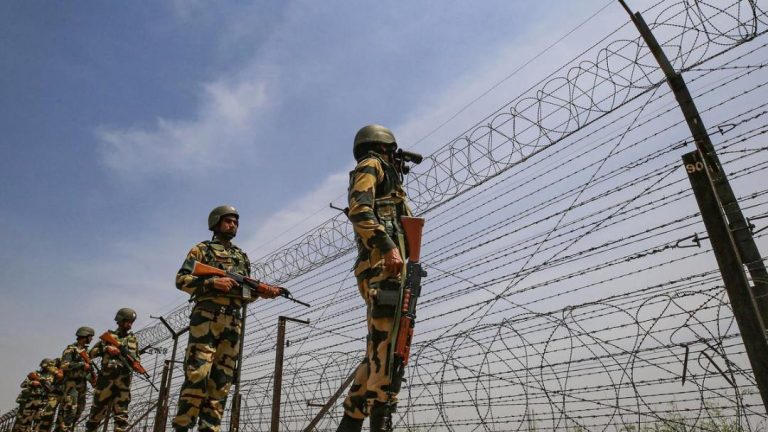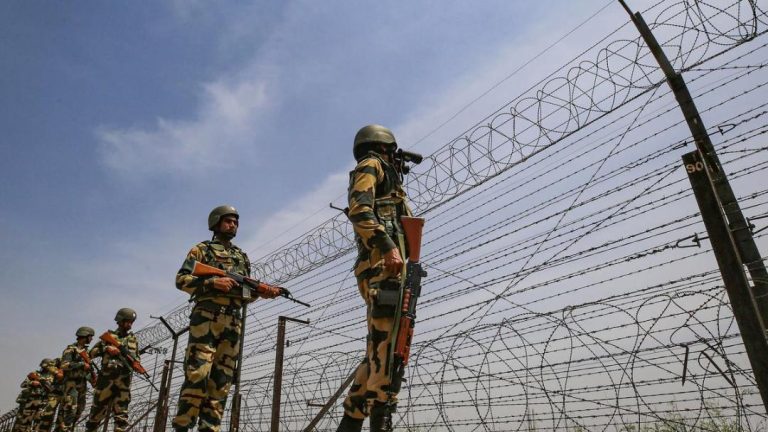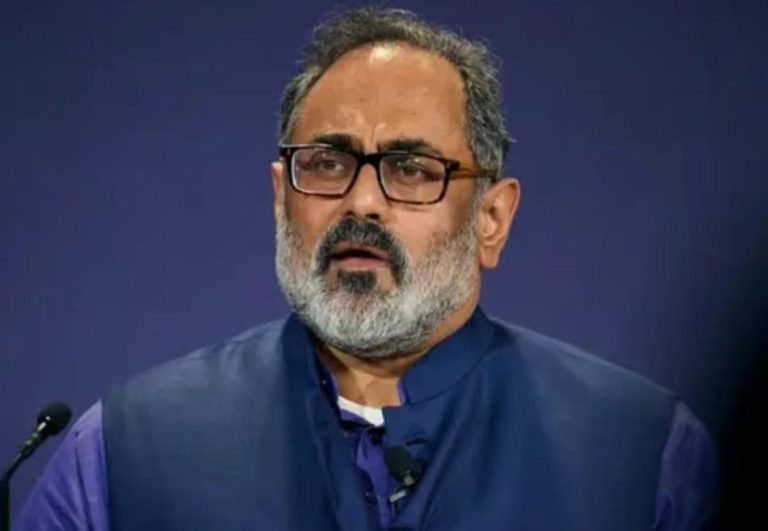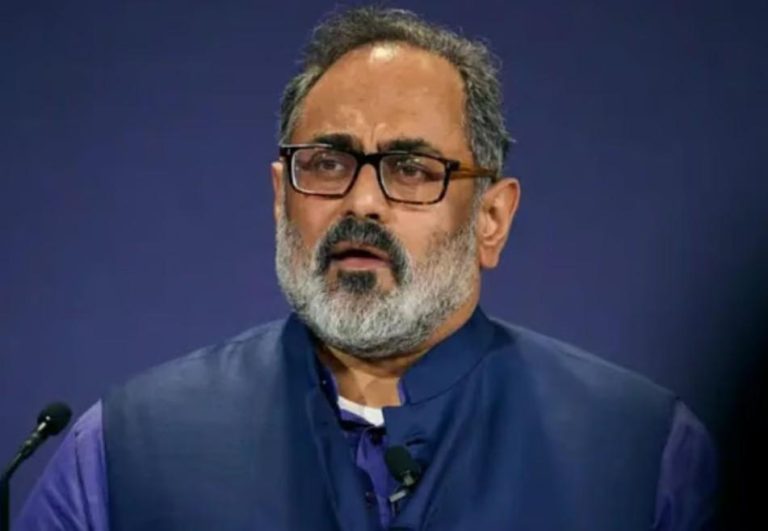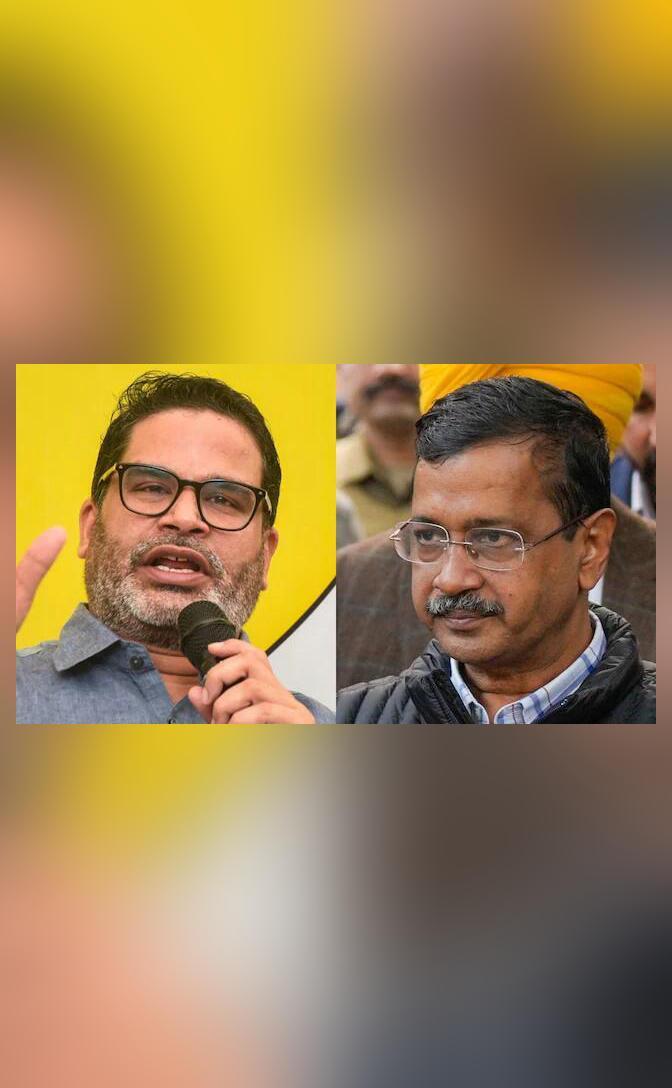
Prashant Kishor Lists Reasons Why Kejriwal & AAP Lost in Delhi Elections
The recent Delhi Assembly elections witnessed a significant upset, with the ruling Aam Aadmi Party (AAP) losing power to the BJP. The defeat has sparked widespread analysis and debate among political strategists, experts, and supporters of both parties. One such strategist who has weighed in on the reasons behind AAP’s defeat is Prashant Kishor, a well-known politician and former strategist for several parties.
In an interview with News18, Kishor listed several reasons that he believes led to AAP’s defeat. At the forefront of his analysis was the decision of AAP’s leader, Arvind Kejriwal, to resign as Delhi Chief Minister after being granted bail in a liquor policy case. According to Kishor, this move was a “big strategic mistake” that ultimately cost the party the election.
Kishor explained that Kejriwal’s decision to resign after being granted bail rather than after being arrested was a major blunder. He argued that the former CM’s credibility took a hit due to the perceived lack of transparency and accountability in his decision-making process. Kishor suggested that Kejriwal’s resignation after bail was seen as an attempt to avoid accountability, which further eroded the public’s trust in him and AAP.
Another significant factor that hurt AAP’s chances, according to Kishor, was the 10-year anti-incumbency factor. With the party having been in power in Delhi for over a decade, voters were naturally inclined to opt for a change. Kishor pointed out that AAP’s failure to address the concerns of its supporters and implement effective governance mechanisms over the years contributed to this anti-incumbency sentiment.
Furthermore, Kishor highlighted the impact of Kejriwal’s fluctuating stance on joining and exiting the INDI Alliance. The politician’s decision to join and then exit the alliance, which included several smaller parties, was seen as a sign of indecision and lack of conviction. This move, Kishor argued, further damaged Kejriwal’s credibility and raised questions about his leadership abilities.
Kishor also emphasized the importance of AAP’s campaign strategy, which he believed was ineffective in reaching out to voters. He pointed out that the party’s focus on social media and online campaigns, while successful in the past, failed to resonate with the electorate in this election. Kishor suggested that AAP’s campaign lacked a clear message and failed to connect with voters on issues that mattered most to them.
In addition, Kishor criticized AAP’s failure to address the concerns of the middle class and small business owners. He argued that the party’s focus on welfare schemes and subsidies, while beneficial for some segments of society, did not resonate with the majority of voters. Kishor believed that AAP’s inability to address the economic concerns of the middle class and small business owners contributed to its defeat.
Finally, Kishor highlighted the impact of AAP’s internal divisions and factionalism on the party’s chances. He suggested that the infighting and power struggles within the party created an atmosphere of instability and uncertainty, which reflected poorly on Kejriwal’s leadership.
In conclusion, Prashant Kishor’s analysis of AAP’s defeat in the Delhi Assembly elections provides valuable insights into the factors that contributed to the party’s loss. While Kejriwal’s resignation after bail, the 10-year anti-incumbency factor, and his fluctuating stance on joining and exiting the INDI Alliance were significant blunders, AAP’s ineffective campaign strategy, failure to address the concerns of the middle class and small business owners, and internal divisions also played a role.
As the dust settles on the Delhi Assembly elections, AAP is left to regroup and reassess its strategy for the future. Meanwhile, the BJP has emerged as the clear winner, with a mandate to govern the national capital for the next five years. As political strategists and experts continue to analyze the results, one thing is clear – the Delhi Assembly elections will be remembered as a significant turning point in Indian politics.
